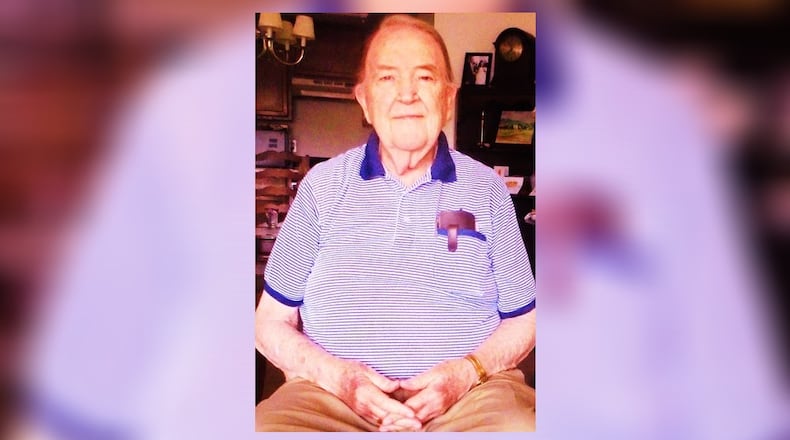Britain and France watched democracy die in the Third Reich and pretended not to know that Germany was rearming. Hitler tested the allies with “minor territorial incursions” and found diplomacy was the only cost. When he gave his word he was just as ready to break it as is Putin in Russia today. There were warning voices, such as Winston Churchill’s, but Neville Chamberlain as Britain’s leader represented a majority which believed Hitler could be satisfied with a few gifts and that the Nazis surely shared the horror of another great war.
Some called it a “Maginot Line” mentality that made France and Britain feel secure, but they ignored the huge advances in weaponry and tactics that led to the division of Poland between the German and Russian tyrants and then the blitzkrieg that left England alone and armed just with the Royal Air Force and Winston Churchill’s oratory. Hitler at that point was convinced that Britain would trade the freedom of France, Belgium, the Netherlands and Poland for its survival. He was wrong. And we must hope that Putin was wrong to assume the West would trade the freedom of Ukrainians for the illusion of peace.
Don’t just take my word for it. The mood of 1939-41 is perfectly captured in Erik Larson’s The Splendid and the Vile, a compendium of personal recollections, diaries and official records from both Britain and Germany. It paints a picture of freedom’s frantic efforts to survive after the fall of France. And the United States just watched, secure in isolationism, old-fashioned neutrality and determined to avoid actions which would provoke Hitler. Does that sound familiar? President Roosevelt’s political skill eventually moved the country, ever so slowly, toward real aid to Britain, but it took Pearl Harbor to actually wake us up.
It took huge miscalculations by Germany and Japan to lay the groundwork for the end of the war, plus the help of the Soviet tyrants and the atomic bomb. And it was then that we found Germany was way ahead in rocket technology and had been working on an atomic bomb. All they needed was more time. We avoided Hitler with the bomb. Yet we have new tyrants to take his place, and they believe they can get away with chipping away at freedom armed with modern weapons and “fear of the bomb.”
But few realized that Ukraine’s Volodymyr Zelenskyy had the Churchillian spirit and is fighting in this new form of world war for our freedom today just as England did 82 years ago. Is there a statesman (or woman) in the free world who can lift us up as well? It is hard in our comfortable lives to confront evil, but it is both morally imperative and justified by history. You can’t provoke tyrants by actions — they are already provoked just by seeing us free and not in their chains.
William (Bill) H. Wild is a retired columnist and editor for numerous newspapers throughout his career, most notably as the editorial page editor of the Journal Herald in Dayton and associate editor for the Dayton Daily News.
About the Author
